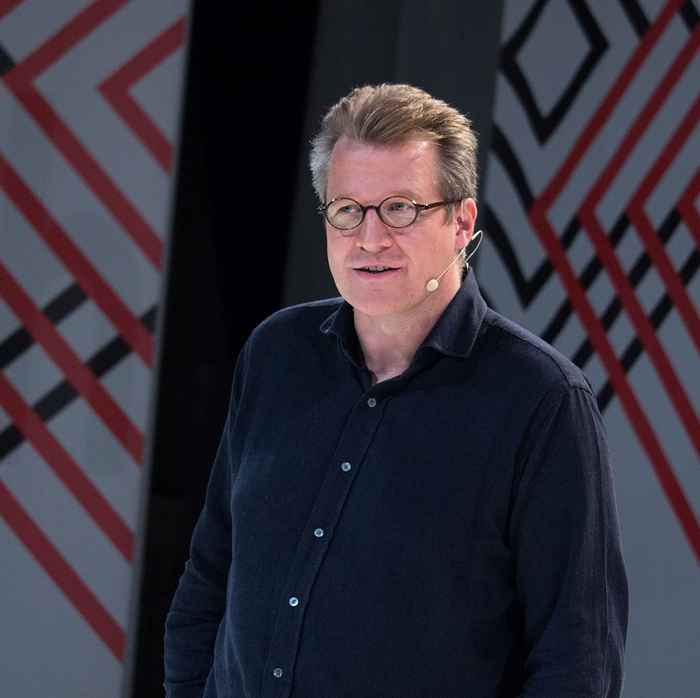Writer Philipp Blom to deliver first State of European Literature lecture
26 August 2020

‘With the lecture, we want to highlight the importance of international, European literature for a broad audience in Amsterdam’, tells initiator and assistant professor of European Studies Guido Snel.’ Our aim is to make people aware of how important the core values of literature and culture are to Europe – such as curiosity, imagination, reflection, innovation and translation.’
Storytellers in times of crisis
In this first edition, Philipp Blom – known for such works as The Vertigo Years and his most recent book to be published in the Netherlands Het grote wereldtoneel (The Great World Stage) – will give his view on the new role of storytellers in a world that has changed drastically due to climate crisis, a pandemic and economic malaise. Which role can literature play in finding a shared social purpose in times of crisis?
The lecture is a joint initiative of the University of Amsterdam, Faculty of Humanities and the Amsterdam Centre for European Studies (ACES) in collaboration with The Netherlands Research School for Literary Studies (OSL) and SPUI25.

European Literature Night
The State of European Literature precedes the European Literature Night, an annual literary festival organised by EUNIC Netherlands, which brings together renowned authors and promising literary talent from all over Europe. On the basis of this year’s theme, ‘Literature, the Antidote’, various topics will be discussed that have become more topical than ever as a result of the coronavirus crisis: from our changing reading behaviour during the lockdown to the need to maintain a dialogue across European borders.
Both events were supposed to have taken place in June, but were moved to September due to the coronavirus crisis. They will now go ahead in a modified form, tells Snel: “There will be a livestream for those who are unable to be there in person and some authors will participate online due to travel restrictions. Literature – and European literature especially – is borderless, but as a result of the coronavirus, we are confronted with an entirely new situation. That is also what makes it particularly interesting.’
The State of European Literature and the European Literature Night will take place this year within the context of the Forum on European Culture, which is being organised by Spui25 and DutchCulture from 17 to 20 September.